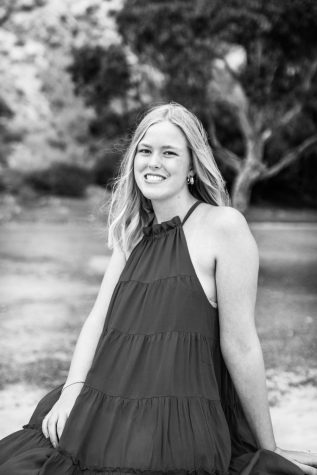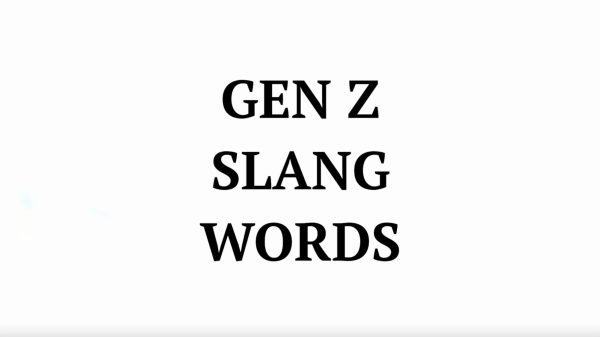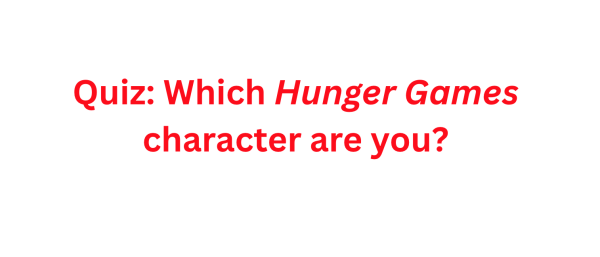The plight of a “try-hard”
I defeated the part of me that wanted to “not care.”
I think it was first in my US History class that I first began to wonder about what it meant to be a “try-hard.” It was an early morning lesson, one that we often simply sit through, daydreaming behind our tired eyes. Our teacher asked a question, and since I had already answered several, I sat silent in the back. After a while of waiting, a student finally raised their hand. He gave an impassioned speech about the topic and how it related to our lives, how not speaking has led to problems in American society and how our silence is what chains us to a life of bystander-dom. I heard what he said, absorbed it, and thought,
Wow, what a try-hard.
It was a word I had used before, it was a word I had heard others use before, it was a word that was routine, and yet the moment I thought it, I felt a pang of cognitive dissonance: that word, in my self-reasoning, made no sense. What the student said was incredible, and the courage he had to say it was remarkable. Why then, did I use such a negative word to describe him? How could I sit silently and judge those who were “try-hards” in this class, while I loved to pour my heart into English essays or break my fingers playing PE football games? And it was with this curiosity that I began to see exactly how much of a “try-hard” I could be. I raised my hand for all the questions I could answer (and even some that I couldn’t) in all my classes. I even asked some questions. I began doing everything I could to care as much as possible about everything in my life. Holding myself to an overachiever’s status enveloped all parts of my life, including those beyond school. I pushed myself harder in lacrosse conditioning, I spent hours picking out the perfect Christmas gifts for my family, I planned new, exciting things to do with my friends; in every second of every day, I gave life all of my heart and soul.
It has been almost three years since I began my noble “try-hard” quest. It hasn’t gone perfectly: it turns out I am still a slow runner even if I try my very best, and I couldn’t wrap a gift with perfect corners if my life depended on it. However, despite my imperfections, I have had far and away more fun being a “try-hard” than I ever had before. I find myself excited to go to school and give the presentation I spent weeks making perfect, and engage in the English discussion of the book I actually read. My friends and family eagerly await my thoughtfully found gifts and handwritten cards, and it fills me with such happiness when my mom, friend, sister, or brother opens a present and says, “How did you know?!” Gym classes that became boring are once again filled with life as I seek out the most competitive games, even in sports I am hopelessly bad at. So many people think being a “try-hard” is overcompensating for lack of talent with heaps of effort, but doesn’t effort breed talent, and practice make perfect?
My life is loud, it doesn’t stop for anything. I cannot bear to “not care,” and I don’t think others should settle for it either. The given rhetoric is to give up, to shrug our shoulders and trudge into school every morning with the mindset to make it to the weekend, and for a long time, I accepted this dreary, gray picture as my reality. Four years ago, when asked how much school meant to me, I would’ve said, “Not much.” Now, I couldn’t even put into words how much this place has given me. I’m sure when I raise my hand constantly or when my volleyball skills don’t even somewhat match my effort level, other people disdainfully call me a “try-hard.” Honestly? If I had seen myself the way I am now three years ago, I probably would have said the exact same thing. The beauty of giving life your all and being passionate about even mundane things is that the words of others pale in comparison to the incredible things waiting just down the road. I have two more years at this school, and I want to spend every second soaking in the goodness and opportunities around me, and I encourage others to do the same. What I really think we need, more than anything, is more people who have the courage to care, who want to fill their life with meaning and possibility. It’s not perfection: one look at me and you can see that. It’s not some sappy inspirational quote. It’s real life, and once you truly fill your reality with passion and hard work, four years won’t even be enough.

Annie Brown is a senior at Homestead High School. She is passionate about education and community service, serving as a youth ambassador for the Ronald...







Homestead Parent • Nov 14, 2019 at 1:40 pm
Nice job! Many students and adults could benefit from reading your article:)
Homestead senior • Nov 14, 2019 at 12:38 am
Well written. Very impressed!
Dawn Pfaff • Nov 13, 2019 at 6:06 pm
This is absolutely beautiful, Anne! Thank you for being a “try hard” and sharing this passion with everyone. I love this piece and will continue to work to be a “try hard” too!